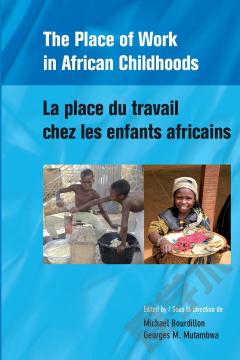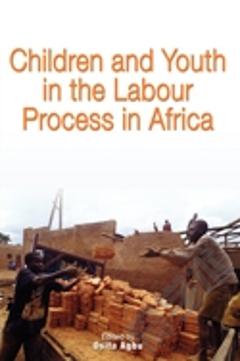Child Domestic Workers in Zimbabwe
In the context of AIDS and a declining economy, one strategy for children to ensure their own livelihood is to engage in domestic employment. Here, Michael Bourdillon presents the findings of research based on interviews and discussions with child domestic workers in Zimbabwe. It looks at the circumstances that pushed them into employment, the hardships and humiliations they face therein, as well as the benefits they derive, including, in some cases, education. Most children wanted improvements in their living and working conditions. They did not want to be stopped from working, perceiving that this would worsen their already harsh lives. While child domestic wok is problematic, and often lays children open to various types of abuse, it can also offer critical support and patronage to very disadvantaged children.
{{comment.content}}








 京公网安备 11010802027623号
京公网安备 11010802027623号